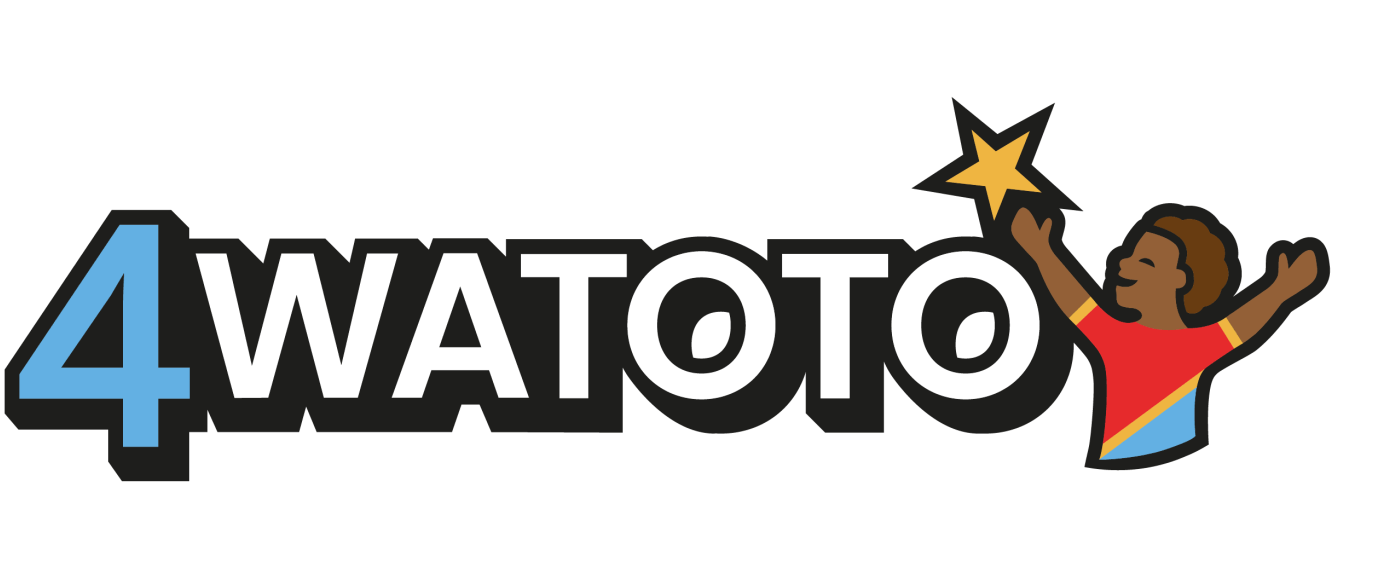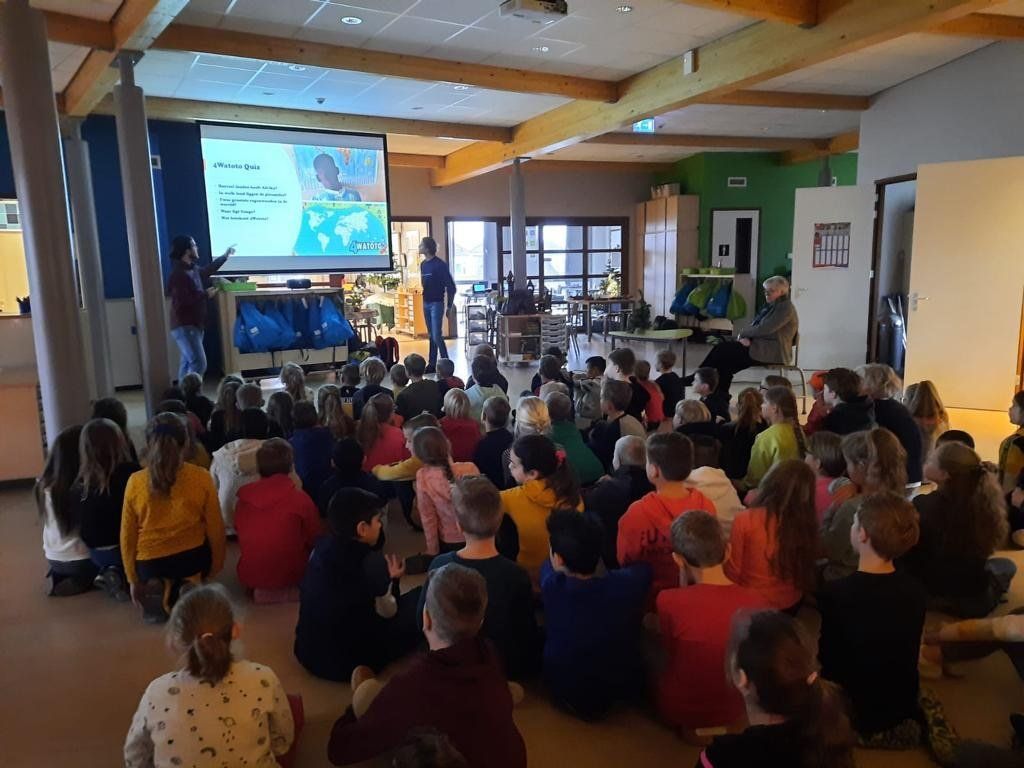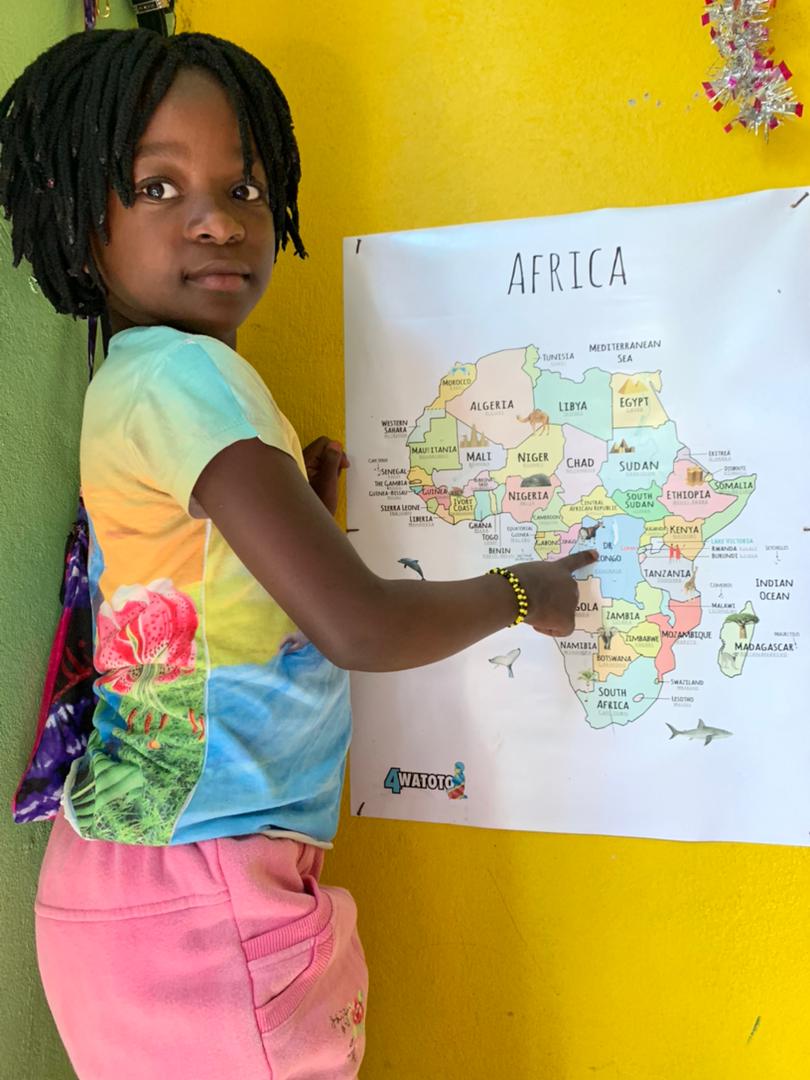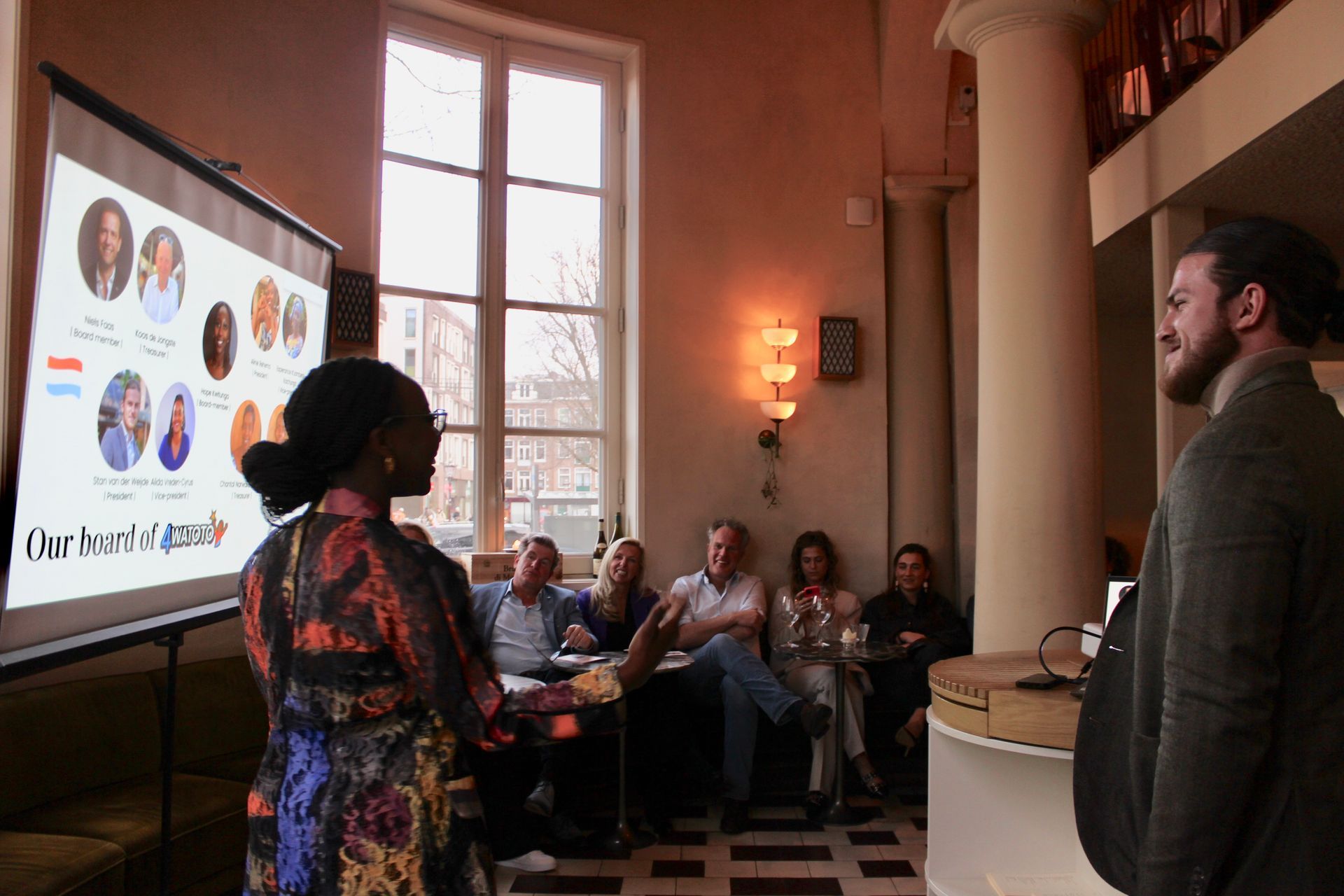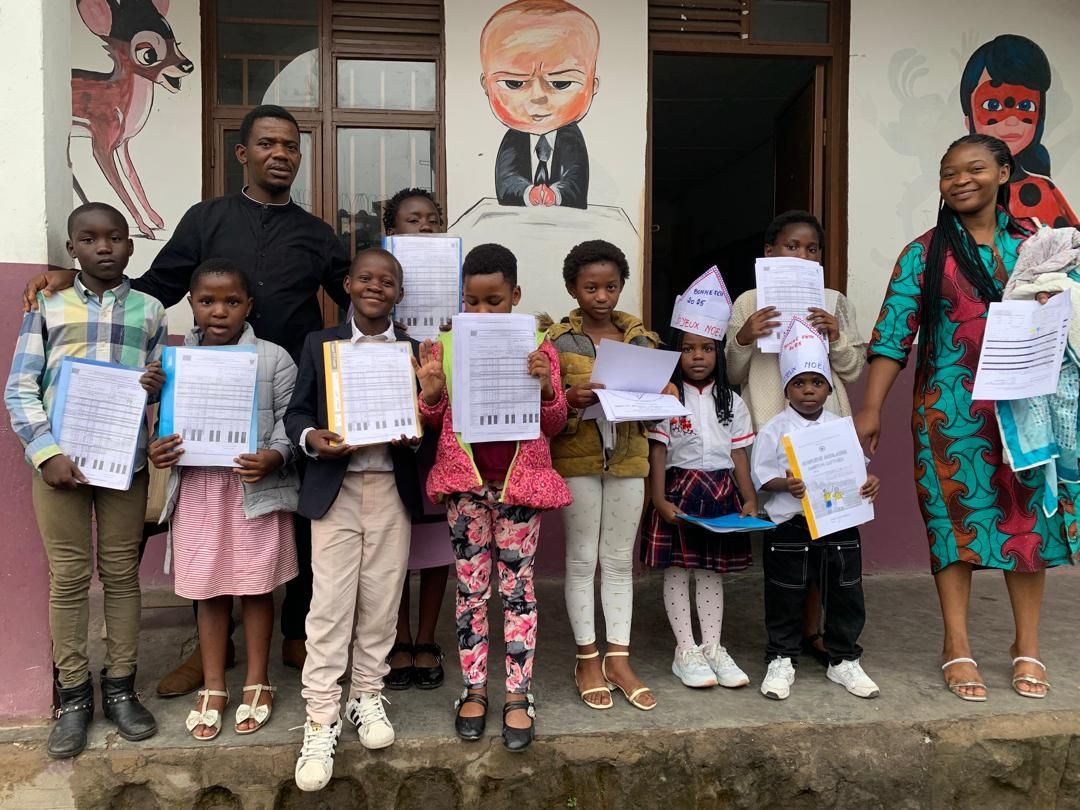Education4All is a project by 4Watoto that focuses on education and the exchange of knowledge between Congo and the Netherlands. It is based on the belief that education is universal and should be accessible to everyone, regardless of background.
By using education as a long-term investment, Education4All promotes independence, self-reliance and sustainable social change. Through school activities and educational webinars, 4Watoto shares knowledge with children and young people in local communities and refugee camps, creating a lasting impact.
